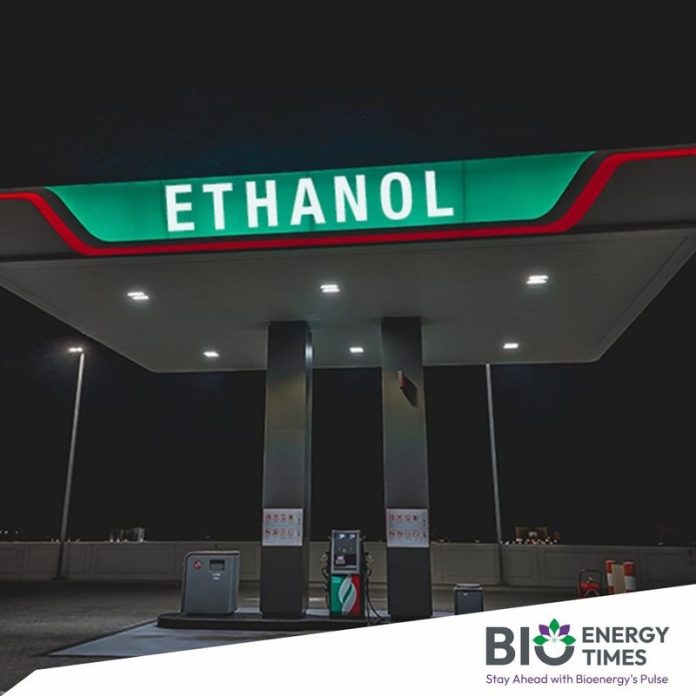LanzaTech Global, Inc., a leader in carbon recycling that transforms waste carbon into sustainable fuels, chemicals, and materials, has signed a Master License Agreement with SEKISUI CHEMICAL CO., LTD. This agreement will enable the commercial-scale deployment of a jointly developed platform that converts syngas from municipal solid waste (MSW) and industrial solid waste into ethanol. SEKISUI plans to build multiple facilities across Japan using LanzaTech’s equipment packages, engineering and advisory services, consumables, and intellectual property.
SEKISUI’s first commercial-scale facility is expected to produce between 10 and 12 kilotons of ethanol annually. This synthetic ethanol, adhering to Japan Alcohol Association Standard (JAAS), can be converted into ethylene and kerosene for use as Sustainable Aviation Fuel (SAF) and for various applications in materials and chemicals, including apparel, personal care products, and packaging.
As per press release, this agreement marks a significant advancement in the decade-long partnership between LanzaTech and SEKISUI, aimed at diverting waste from landfills and incinerators to produce feedstocks that would otherwise come from fossil resources or food crops. The Agreement follows the success of a 2017 pilot plant in Yorii-machi, Saitama, Japan, and the 2022 completion of an MSW-to-ethanol demonstration plant in Kuji City, Iwate, Japan, which has the capacity to produce around 400 tonnes of ethanol per annum.
Futoshi Kamiwaki, SEKISUI Representative Director and Senior Managing Executive Officer, said, “We are pleased to expand our collaboration with our long-term partner LanzaTech. Their waste-to-ethanol technology is turning municipal solid waste into a valuable resource and offering an innovative solution to reduce our reliance on fresh fossil fuels. This agreement is a crucial step toward commercializing this transformative technology and achieving SEKISUI’s vision of a more sustainable, low-carbon society for future generations.”
Dr. Jennifer Holmgren, CEO of LanzaTech, stated, “This agreement advances our vision of a circular carbon economy. Our ongoing collaboration with SEKISUI is laying the foundation for providing municipalities with a platform that reduces waste, captures carbon, generates valuable sustainable feedstocks, and creates local jobs. We are grateful to SEKISUI for their commitment to scaling carbon recycling across Japan and for helping to establish a global model for utilizing the carbon locked in local waste.”
Japan generates around 56 million tonnes of combustible waste annually, and managing municipal and industrial trash is becoming an increasingly urgent global issue. The World Bank estimates that by 2050, waste generation will reach 3.88 billion tonnes annually, a 73% increase from 2020 levels. Traditionally, combustible waste is either sent to landfills—releasing methane, a greenhouse gas 23 times more potent than carbon dioxide—or incinerated, with the resulting carbon emissions entering the atmosphere.
The new biology-based platform developed by LanzaTech and SEKISUI offers a solution by converting unsorted waste into a cost-effective alternative to fossil fuel-derived feedstocks. This bioprocessing platform gasifies unsorted combustible waste and converts it into ethanol using a microbial catalyst and gas fermentation technology, eliminating the need for chemical catalysts, heat, or pressure.
To read more about Ethanol Industry News, continue reading BioEnergyTimes.com














